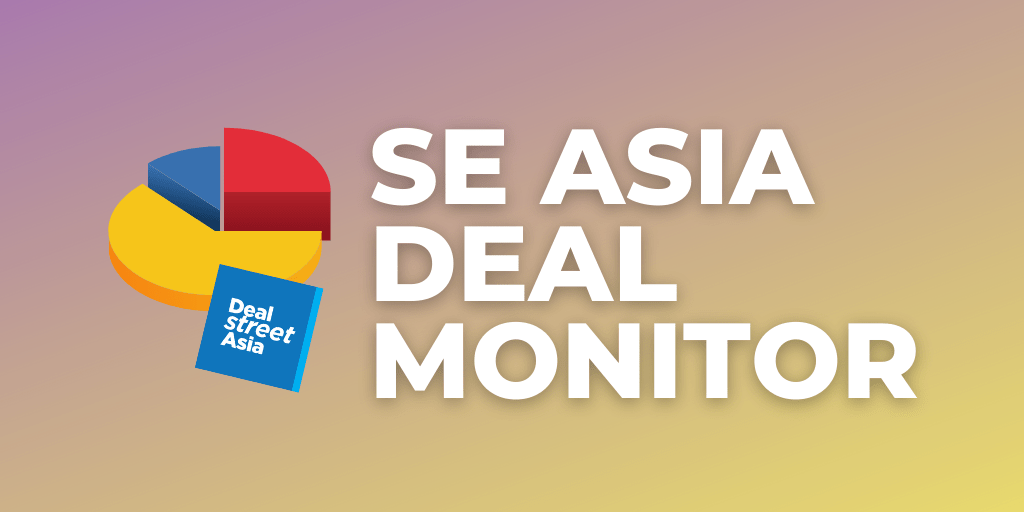TOKYO, Japan — China’s corporate debt defaults have reached new highs as Beijing allows companies suffocating under excessive debt to fail. In the first six months of 2021, Chinese corporate bond issuers defaulted on over 116 billion yuan ($18 billion), the biggest level for any January-June period. Foreign investors are concerned about the missing payments, which has pushed the average yield on foreign currency-denominated Chinese business bonds with low credit ratings beyond 10%. President Xi Jinping’s administration is on the reduction of unsustainable corporate debt. However, by doing so, it risks putting a large number of firms into financial hardship. This could stifle the country’s economic growth in the years ahead. According to Shanghai DZH, a provider of internet financial information services, Chinese companies defaulted on a record 116 billion yuan in the first half of the year. The full-year figure is expected to break the previous record of over 187 billion yuan set in 2020 and set a new high. A increasing number of state-owned firms (SOEs) are defaulting on loan payments, indicating Beijing’s willingness to defy the long-held belief among state-linked borrowers and their investors that the government will bail them out if they run into financial difficulties. SOEs have benefited from “implicit debt guarantees” from the central and local governments for decades, but Shinichi Seki, an economist at the Japan Research Institute, believes they can no longer rely on government support. A Chinese court accepted HNA Group’s bankruptcy filing in February as part of the chongzheng (reorganization) process. Tianjin Airlines, a joint venture between HNA and the Tianjin municipal government, began the same process in March. Tsinghua Unigroup, a Chinese chipmaker, has also defaulted on dollar-denominated bonds on several occasions. SOEs accounted for significantly more than 10% of all Chinese issuers who defaulted on debt repayments in 2019. In 2020, the ratio will have nearly doubled. SOEs continue to account for almost 40% of all corporate bond defaults this year. According to Naoto Saito, chief researcher at the Daiwa Institute of Research, SOEs have been piling up debt “under the belief that they will never be permitted to default.” “Concerns about a moral hazard have prompted the administration to embark on change,” the government said. The Chinese leadership’s determination to removing the moral hazard by weaning debt-ridden SOEs off government protection and allowing them to fail is signaled by a spate of defaults by significant SOEs. The “credit impulse,” a frequently observed indication of the government’s economic policy stance that measures the growth in fresh financing as a percentage of GDP, has been dropping. When the government adopts a pro-growth policy posture, the indicator rises, and when it moves to reduce stimulus measures, it falls. After peaking at 32% in November 2020, the index has started declining. In May, it dipped to 25%, the lowest level since February 2020. Investors from other countries are beginning to reduce their exposure to Chinese corporate debt. According to a fund manager at a foreign investment business, the firm’s investment in Chinese corporate bonds with low credit ratings would be reduced. Yields on so-called high-yield corporate bonds, which are rated below investment grade, are increasing dramatically. According to the Intercontinental Exchange, Chinese dollar-denominated high-yield bonds yielded 10.1 percent per year on average on June 15, marking a reading above 10% for the first time in approximately 13 months. This is in stark contrast to the global average yield for speculative-grade bonds, which is less than 5%. Credit-rating agencies have downgraded the credit ratings of some SOEs. Fitch Ratings and Moody’s Investor Service both downgraded China Evergrande Group’s credit ratings in June. The company’s bonds’ yields soared above 20% as a result of these movements, regardless of their maturity dates.
Chinese enterprises that have been actively soliciting financing, such as travel conglomerate HNA Group, are facing default one after another. According to Reuters
The recent series of SOE defaults has harmed private-sector creditworthiness. One major casualty of the trend is Chinese retailer Suning.com, which gained international notice in 2016 by acquiring Italian Serie A leader Inter Milan. The company’s financial condition has deteriorated in recent years as a result of rash expansion. Investors have become increasingly concerned about the company’s capacity to repay loans. Chinese enterprises’ financial health will be put to the test in the coming years, with $2.14 trillion of debts expected to mature by 2023, 60 percent more than the value of bonds due between 2018 and 2020. Through a planned debt workout, the Xi government hopes to weed out SOEs with high debt without generating major financial market instability. However, investors have reacted to the campaign by fleeing junk bonds. If this results in a credit crunch for a substantial number of Chinese businesses, the country’s economy might suffer a major setback, derailing Beijing’s soft-landing policy. “If a major increase in corporate bond defaults leads to a further rise in bond yields and other broader market ramifications,” said Daiwa’s Saito, “the Chinese government will begin providing direct and indirect support (to debt-heavy SOEs).” Slower investment growth in China, according to Koichi Fujishiro, chief economist at Dai-ichi Life Research Institute, might restrict worldwide exports to the massive market, putting a dent on global economic growth./n
Read More




